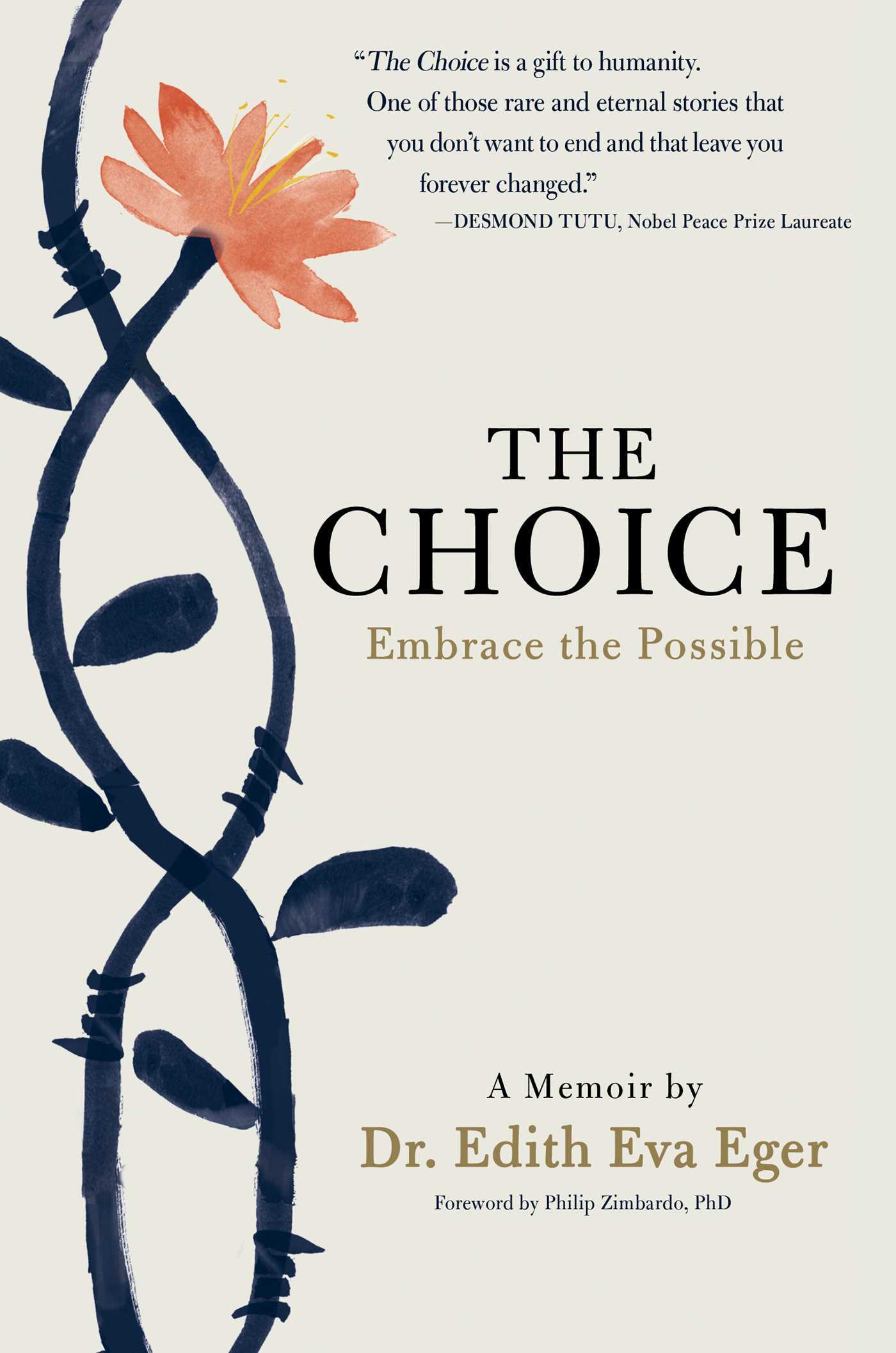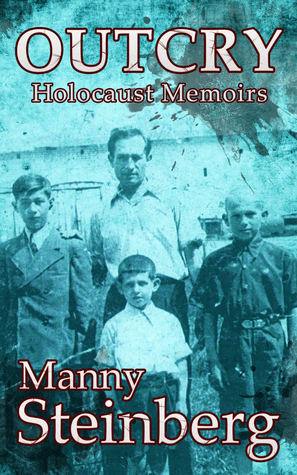
The Happiest Man on Earth
Book Description
Survival was just the beginning. Eddie Jaku's journey through the darkest corners of humanity reveals the extraordinary power of hope and resilience. After enduring the unimaginable horrors of the Holocaust, he emerges not just alive but radiant with joy, dedicating his life to spreading love and kindness. Each page pulses with poignant lessons about gratitude, forgiveness, and the pursuit of happiness, even in the bleakest of times. With every heartfelt story, Jaku ignites a spark of inspiration, challenging readers to reflect on their own lives. Can true happiness flourish in a world scarred by suffering?
Quick Book Summary
"The Happiest Man on Earth" by Eddie Jaku is a poignant memoir chronicling Jaku’s harrowing experience as a Holocaust survivor and his enduring commitment to kindness, gratitude, and happiness. Born in Germany, Eddie faced unimaginable suffering during World War II: arrested, torn from his family, and interned in concentration camps, including Auschwitz. Despite witnessing the depths of cruelty, Eddie’s narrative is ultimately uplifting, as he chooses hope over hatred and compassion over vengeance. After his liberation and emigration, he made it his life’s mission to educate younger generations on the importance of tolerance and optimism. Through heartfelt anecdotes and wisdom born from adversity, Jaku demonstrates that even in the bleakest times, the pursuit of happiness is possible, and that love can triumph over despair.
Summary of Key Ideas
Table of Contents
Resilience in the Face of Adversity
Eddie Jaku’s early life was marked by a loving German-Jewish upbringing and a promising future as an engineer. However, rising antisemitism and the outbreak of World War II shattered his world. Eddie and his family were subjected to the horrors of displacement, incarceration, and the loss of basic rights. The heartbreak of separation from loved ones and the terror of constant danger forged his spirit and taught him early on about the fragility of happiness.
Power of Gratitude and Hope
Throughout his internment in hellish Nazi camps such as Buchenwald and Auschwitz, Eddie was witness to unspeakable atrocities. He lost friends and family, and endured near-starvation, forced labor, and constant brutality. Yet, he repeatedly emphasizes small acts of kindness and solidarity among prisoners, whether sharing scarce food or words of encouragement. These moments of compassion became beacons of hope, illustrating how humanity persists even in the darkest circumstances.
Forgiveness and Letting Go of Hatred
Eddie’s survival was not just physical but emotional; he resolved not to allow hatred to consume him. He learned that forgiveness was vital to healing. Rather than clinging to bitterness, he chose to forgive—not to condone evil, but to free himself from its grip. This mindset enabled him to rebuild his life after the war and strive for joy, rather than surrender to despair.
Finding Meaning Through Connection and Service
After emigrating to Australia, Eddie dedicated his life to sharing his story and lessons with new generations. He found purpose in speaking engagements, community involvement, and living as a testament to resilience. Connection with others—both survivors and the wider public—helped him to heal and provided new meaning, demonstrating that happiness grows when shared and when we commit ourselves to the service of others.
Lessons for Living a Happy Life
Jaku’s experiences have distilled for him the fundamental pillars of happiness: gratitude for what one has, embracing every day as a gift, and recognizing that small acts of kindness can change lives. He encourages readers to seek gratitude in every circumstance, practice forgiveness, and live purposefully. By emphasizing the power of choice in shaping one’s attitude, regardless of circumstances, Jaku’s memoir becomes a universal guide to hope, healing, and the pursuit of lasting happiness.
Download This Summary
Get a free PDF of this summary instantly — no email required.





